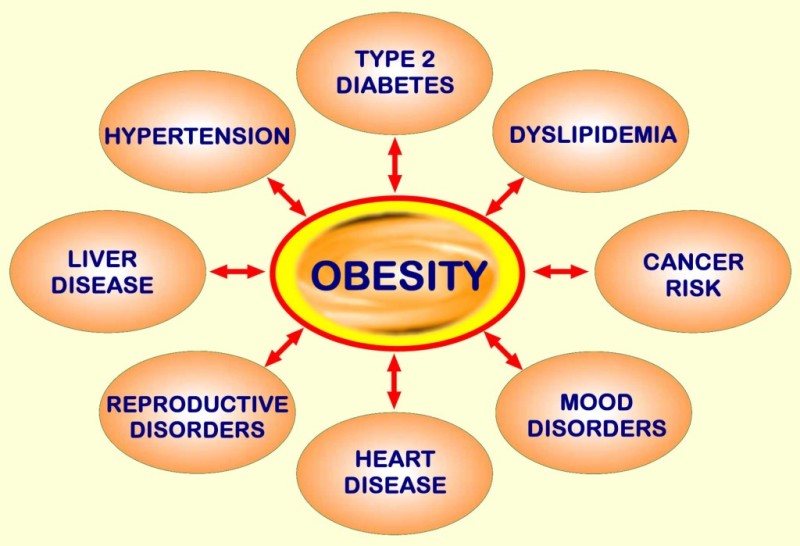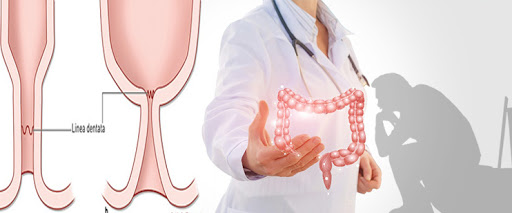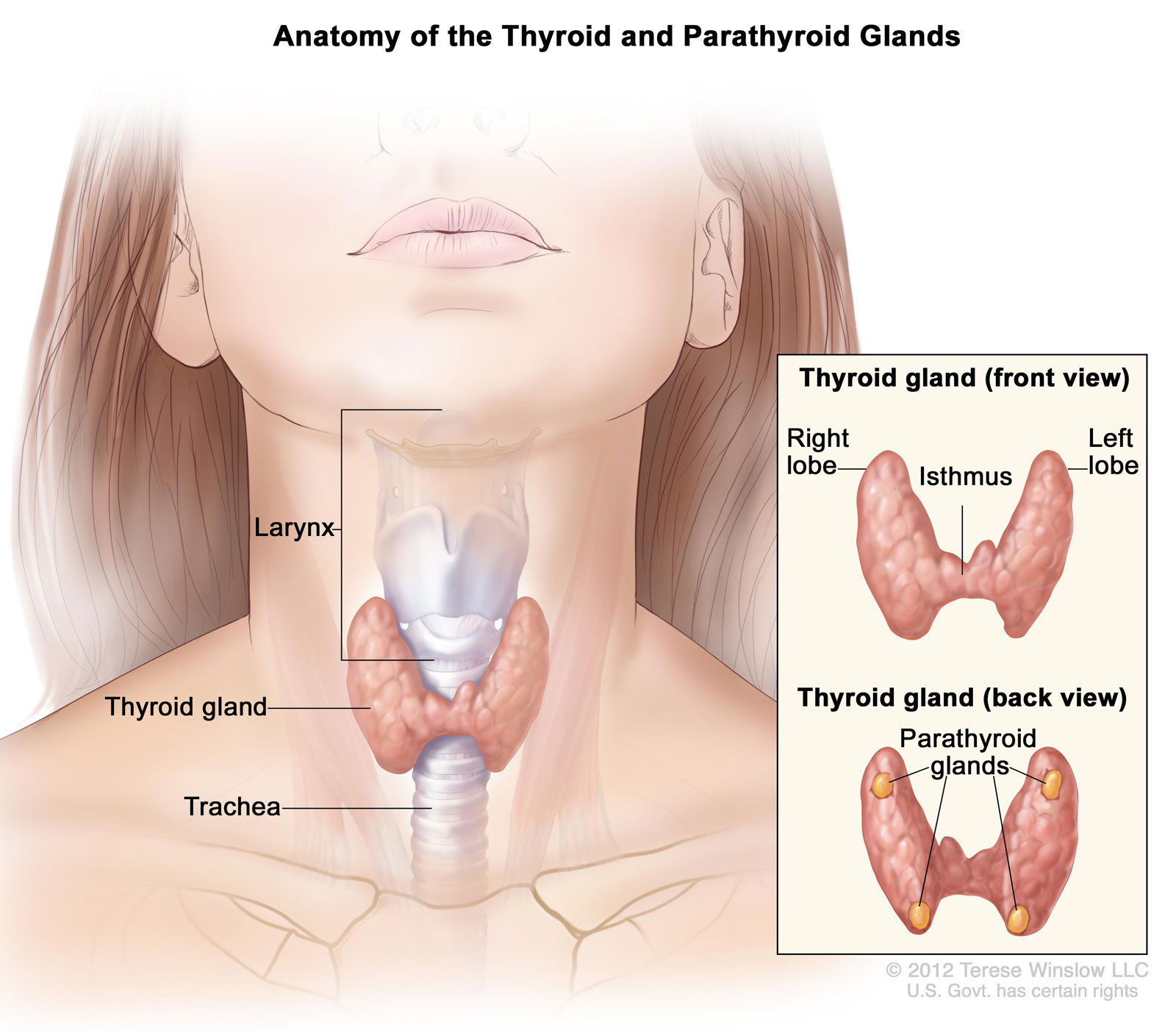
Obesity and associated diseases
Obesity is associated with a significantly higher chance of serious disease and early death than being a healthy weight, according to a survey of more than 2.8 million adults.
How much does obesity increase the risk?
Presented at the European Conference on Obesity (ECO) in Glasgow, the study found that people with a body mass index (BMI) of 30 to 35 had a 70% higher risk of heart failure than their healthy-weight peers.
Even a BMI (Body Mass Index) of 25 to 30 increased the risk by 20%, while a BMI of 35 to 40 more than doubled the risk and a BMI of 40 to 45 nearly quadrupled the risk compared to normal-weight individuals.
The study also found that compared to people of normal weight, a BMI of 25 to 30 increased the risk of type 2 diabetes and sleep apnea by more than double. In contrast, a person with a BMI of 30 to 35 was five times more likely to develop type 2 diabetes and nearly six times more likely to develop sleep apnea.
People with severe obesity (BMI > 40) were 12 times more likely to develop type 2 diabetes and had a 22-fold increased risk of sleep apnea.
The results also showed that weight gain was associated with a higher risk of high blood pressure, irregular heartbeat, and dyslipidemia (abnormal cholesterol levels and other fats in the blood).
To what extent;
People with a BMI > 40 had a 50% higher risk of premature death from any cause compared to people of normal weight.
With the number of people living with obesity nearly tripling worldwide in the past 30 years (105 million people in 1975 to 650 million in 2016), these findings have serious public health implications.
The health risks associated with being overweight are especially high for type 2 diabetes and sleep apnea.
The research was presented as a poster at the conference and reviewed by the conference selection committee.
This study serves to remind us, once again, how harmful obesity is given its strong associations with a range of conditions beyond diabetes and heart disease. Obesity’s links to heart failure are becoming more widely accepted, and links to sleep apnea, hypertension, and abnormal blood fats are well known.
It is important to note that the significantly increased risk of type 2 diabetes suggested by this research was seen specifically in people with a very high BMI of over 40.
Most countries are facing increasing levels of obesity, putting pressure on both individual health and national health and social care systems.
Obesity is leading to record numbers of young people with diabetes.
General Surgeon Nikos Vlachos, specializing in Laparoscopic Surgery and Bariatric Surgery, is at your disposal to provide you with a personalized diagnosis and recommend the appropriate treatment for obesity issues









